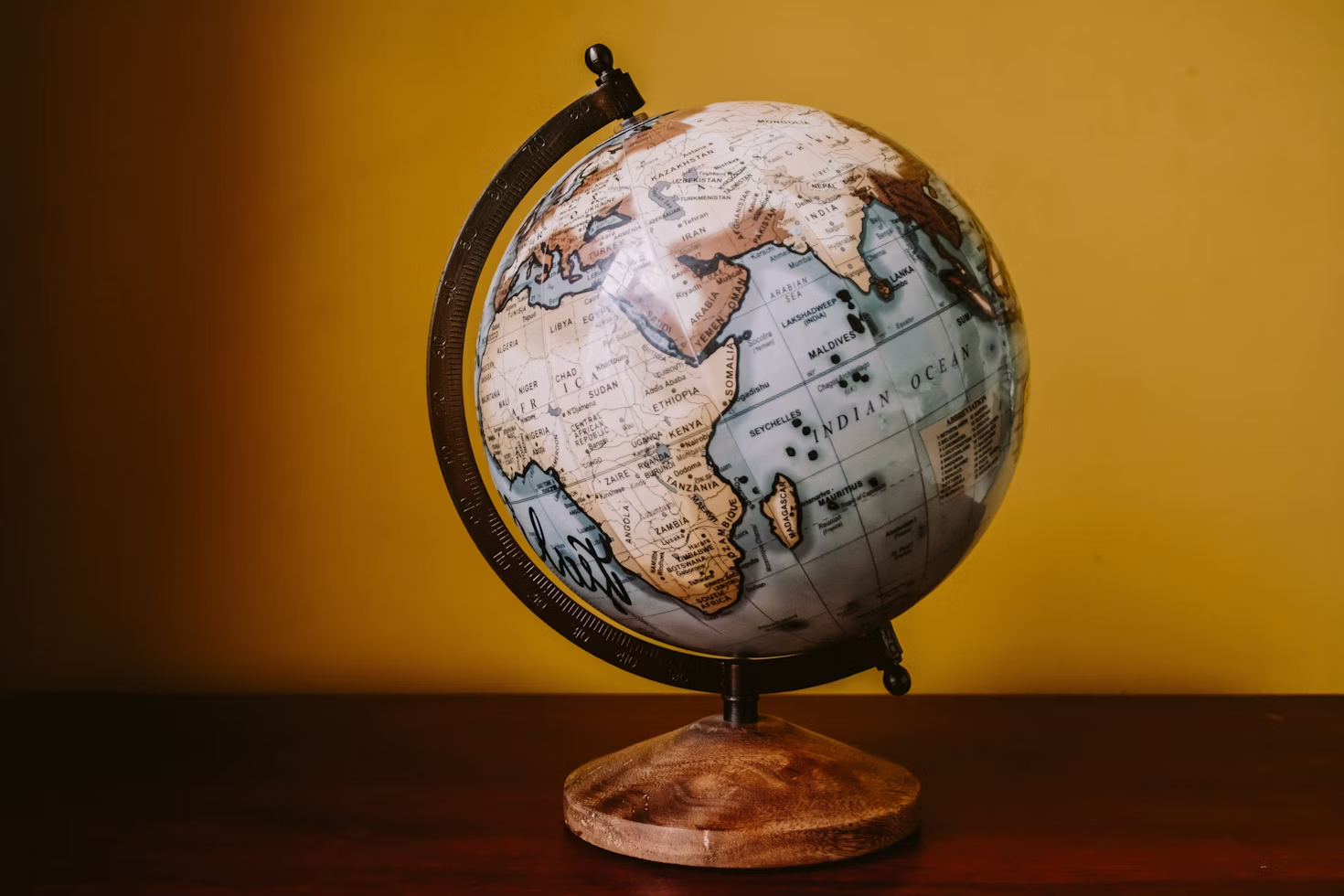“Women and girls represent half of the world’s population and, therefore, also half of its potential.” – United Nations.
Across every continent, women are stepping up; not just to participate in the world, but to shape it. They are entering spaces where their presence was once unimaginable, leading climate negotiations, performing complex surgeries, building rockets, and decoding genetic codes.
However, progress doesn’t come without resistance. As women advance in their careers, particularly in science, technology, and leadership, the gender gap becomes more apparent. In research management and senior roles, women remain underrepresented. However, as the world evolves, women have begun breaking barriers by showing up, dreaming, learning, practicing, excelling, and leading.
What fuels that rise? Education, confidence, and the right course.
These 10 courses do more than prepare women for careers; they equip them to challenge the system, become a voice, inspire others, and lead global change.
1. Medicine & Global Health
Across the world, women doctors and surgeons are transforming healthcare systems. They’re not only caring for patients but also breaking stereotypes, especially in male-dominated specialties like neurosurgery and cardiothoracic surgery.
Female physicians are driving maternal health improvements in underserved areas, handling emergency health situations, and leading hospital departments that were previously closed to women. With their medical training, women are not just addressing symptoms; they are fixing entire health systems.
2. Technology & Innovation
From coding satellites to designing climate simulations, women in STEM are reshaping our present and redefining the future. The gender gap in these fields is vast but change is happening. Female engineers are leading sustainable infrastructure projects. Women are developing inclusive AI systems, building clean energy tech, and sending missions into space. With every breakthrough, they chip away at the idea that tech is “not for women.”
Courses in computer science, engineering, cybersecurity, and data analytics give women powerful tools and a louder voice in the global innovation conversation.
3. Environmental Science & Climate Sustainability
Women have long been caretakers of the environment, but today, they’re also its protectors on the global stage. From small-scale farmers adapting to drought to scientists advising world leaders on climate policy, women are at the forefront of climate action.
Courses in environmental science, geography, and sustainability equip women to lead global conservation efforts, design green tech, and influence policy from the ground up. Women like Hindou Oumarou Ibrahim, Greta Thunberg, and Christiana Figueres show us that climate leadership has no gender; it has courage.
4. Public Health & Epidemiology
Women played vital roles during COVID-19, from coordinating vaccine distribution to conducting frontline research. Public health remains a space where female leadership is not just impactful but essential.
This field allows women to shape healthcare delivery systems, protect vulnerable populations, and advocate for policies that center wellness, not just illness. And for many women, it’s a great step into global leadership.
5. Law & Human Rights
Knowledge of the law is power, and women are using it to protect the powerless.
From defending women’s rights in conservative societies to helping refugees navigate asylum systems, women in law are at the heart of global justice. And more are rising to international courts, human rights tribunals, and global advocacy platforms.
By studying international law, feminist legal theory, or justice systems, women equip themselves to not only change lives but to change laws.

6. Gender and Development Studies
If you want to change the world, you must understand how it works and how it’s been unfairly built. This course helps women analyze gendered power structures and design development programs that uplift rather than exclude. Graduates work in NGOs, policymaking, and community programs, often placing women and girls at the center of change.
This field isn’t just about theory. It’s about impact.
7. International Relations & Peacebuilding
Women are increasingly included in peace talks and diplomatic roles, but there’s still work to do. Courses in international relations prepare women to lead foreign missions, negotiate treaties, and build coalitions.
Women like Ellen Johnson Sirleaf and Leymah Gbowee show us that peace is possible when women are at the table. Whether working with the UN, leading embassies, or mediating conflict, women in this field bring empathy, intelligence, and diplomacy into spaces that sorely need it.
8. Education & Inclusive Learning
An educated woman transforms everything she touches. Now, more women are leading education systems from curriculum designers to inclusive education policymakers.
This course helps women reimagine what learning looks like for children, girls, rural learners, differently abled students, and entire communities. In teaching others, women rise as leaders and shape the next generation of thinkers.
9. Business, Finance & Entrepreneurship
In many parts of the world, economic independence is still a privilege for women, not a given. Business courses equip women to change that.
From launching social enterprises to sitting on corporate boards, women are now driving impact-driven economies. They’re creating wealth and building structures where others can do the same. Finance and business training fosters confidence, leadership, and the freedom to create rather than just survive.
10. Media, Journalism & Strategic Communication
Every global movement, from domestic violence campaigns to climate protests, was made possible by communication. Women journalists, content creators, and strategists are not only telling stories, they are shaping public opinion and political will.
Courses in media and communication allow women to influence from behind the camera, at the editor’s desk, or through campaigns that go viral. In a world where representation matters, women are reclaiming the narrative.







